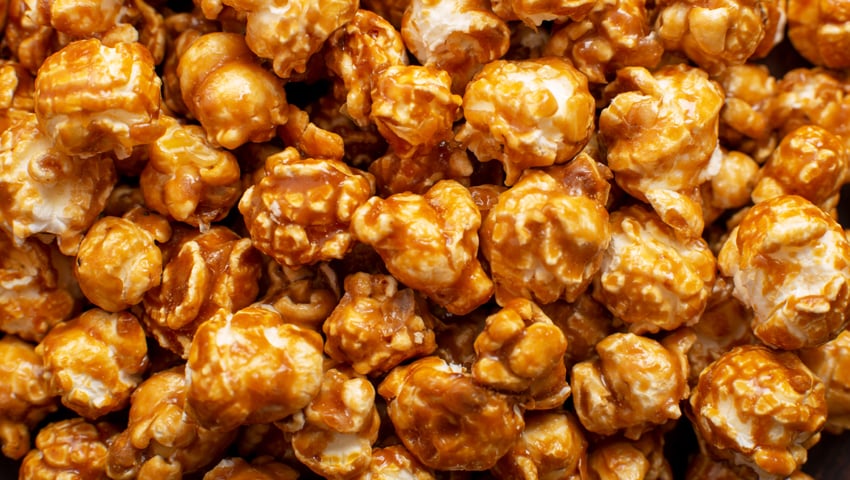High intake of ultra-processed foods – particularly processed meats, sugary breakfast foods, and sugar, or artificially sweetened beverages – may increase risk of early death, according to a study led by researchers at Harvard T.H. Chan School of Public Health.
The study was published in The British Medical Journal, and Mingyang Song, associate professor of clinical epidemiology and nutrition at the Harvard School of Public Health, was a corresponding author.
Song said, “There has been great interest from both the public and scientific community in understanding the health impact of ultra-processed foods, which now account for more than 60% of daily calories in Americans.”
While many studies have investigated ultra-processed foods, Song and colleagues added a new layer: zeroing in on the health consequences of specific types. They did so by examining the diets and health outcomes of more than 114,000 American adults enrolled in the Nurses’ Health Studies I and II and the Health Professionals Follow-up Study, who reported their dietary habits every four years for more than three decades.
The researchers quantified participants’ daily intake of ultra-processed foods in nine subgroups: ultra-processed breads and breakfast foods; fats, condiments, and sauces; packaged sweet snacks and desserts; sugar- and artificially sweetened beverages; ready-to-eat dishes; processed meats; packaged savory snacks; dairy-based desserts; and miscellaneous.
Participants who consumed the least ultra-processed food of any kind ate three servings per day; participants who consumed the most ate around seven servings per day. Over the course of the study period, 48,193 participants died from causes such as cancer, cardiovascular diseases, respiratory diseases, and neurodegenerative diseases.
The study found that participants who ate the most ultra-processed food of any kind faced a 4% higher risk of all-cause mortality, as well as an 8% higher risk of mortality from neurodegenerative diseases, than those who ate the least ultra-processed food.
Processed meat was the type of food most strongly associated with increased risk of all-cause mortality. Sugar and artificially sweetened beverages, dairy-based desserts, and ultra-processed breakfast foods also showed associations with higher all-cause mortality, as did the miscellaneous subgroup, which included mostly artificial sweeteners.
The researchers noted that overall diet quality is ultimately what matters most to health, and that ultra-processed foods is a diverse category, with many items that are considered healthy.
Song said, “Cereals, whole grain breads, for example, they are also considered ultra-processed food, but they contain various beneficial nutrients like fibre, vitamins and minerals. On the other hand, I do think people should try to avoid or limit the consumption of certain ultra-processed foods, such as processed meat, sugar-sweetened beverages and also potentially artificially sweetened beverages.”
He added, “If people maintain a generally healthy diet, I don’t think they need to be scared.”
